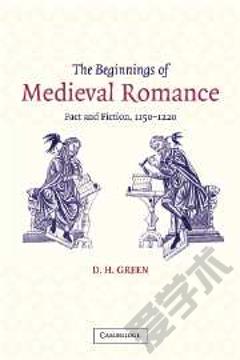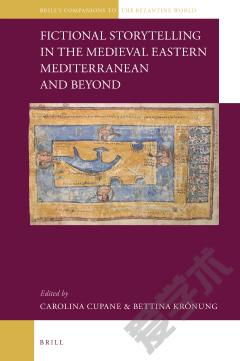The Beginnings of Medieval Romance: Fact and Fiction, 1150–1220
Up to the twelfth century writing in the western vernaculars dealt almost exclusively with religious, historical and factual themes, all of which were held to convey the truth. The second half of the twelfth century saw the emergence of a new genre, the romance, which was consciously conceived as fictional and therefore allowed largely to break free from traditional presuppositions. Dennis Green explores how and why this happened, and examines this period of crucial importance for the birth of the romance and the genesis of medieval fiction in the vernacular. Although the crucial innovative role of writers in Germany is Green's main concern, he also takes literature in Latin, French and Anglo-Norman into account. This study offers a definition of medieval fictionality in its first formative period in the twelfth century, and underlines the difficulties encountered in finding a place for the fictional romance within earlier literary traditions.
{{comment.content}}








 京公网安备 11010802027623号
京公网安备 11010802027623号